Author: Greg Bloom
-
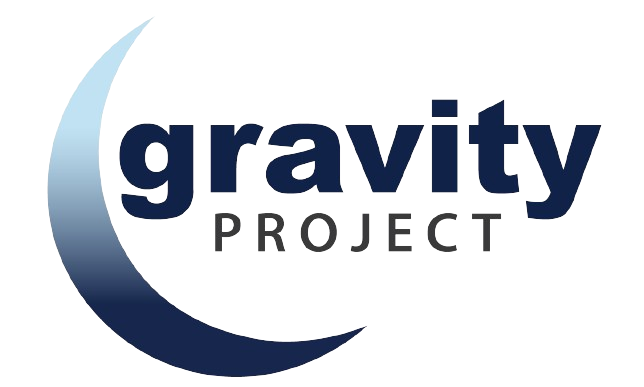
Supporting the Gravity Project to expand interoperability among health, human, and social services
Often people ask how we enable care providers to actually refer their clients to another service. The answer is, well, Open Referral doesn’t actually deal with the process of “making a referral” at all! We’re working to ensure that there’s open access to information about the services to which someone might be referred. But the…
-

Open Referral’s 2020 Year in Review
Amid the disruptions and crises of 2020, the Open Referral Initiative rallied to meet increasing and rapidly changing needs for improved flow of information about community resources. As our new year starts to take shape – with collective needs for collaboration still rising unabated – we’ve taken some time to reflect on our progress and accomplishments.…
-
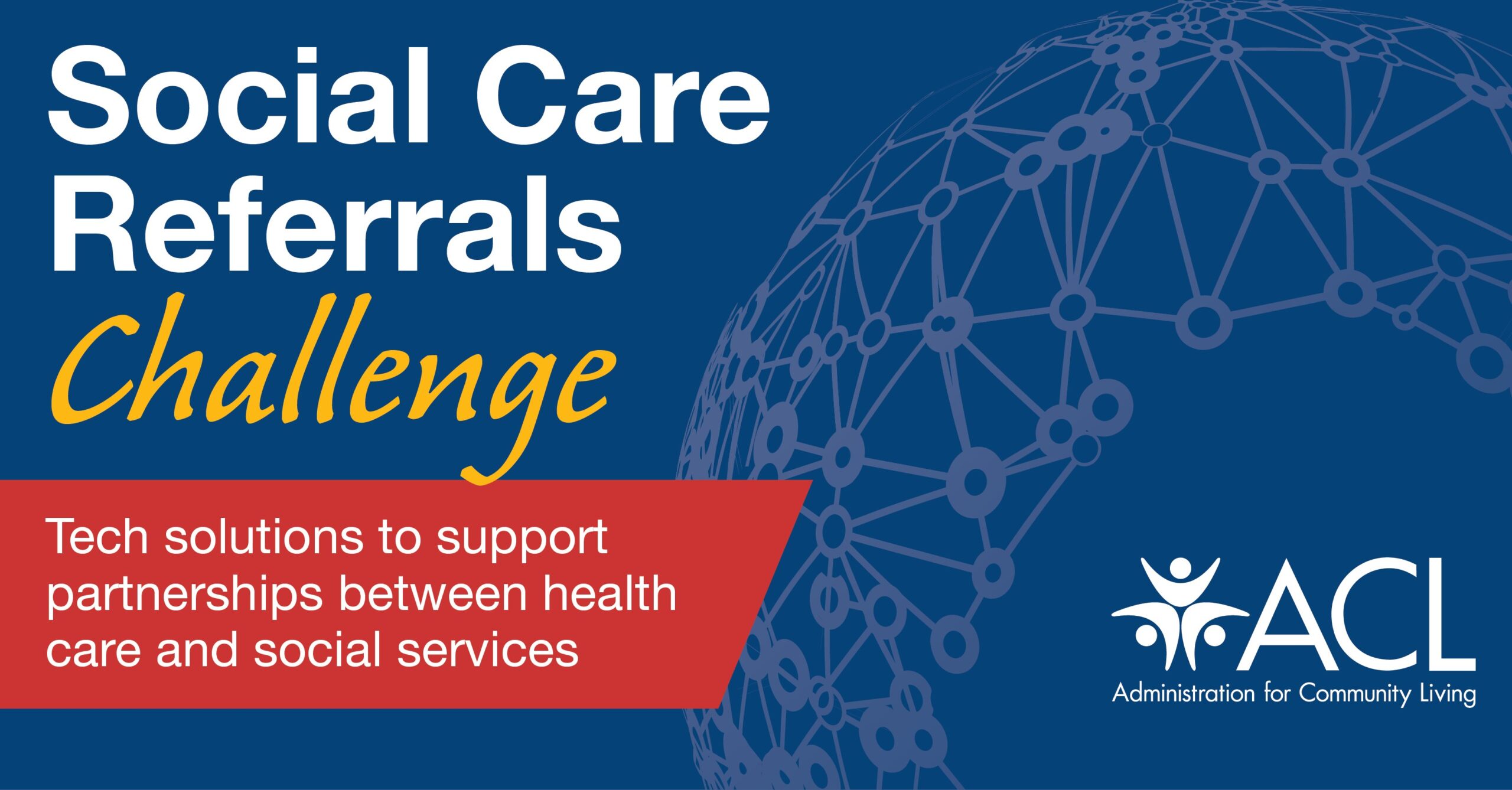
HHS Technology Challenge calls for interoperability solutions using HSDS
The U.S. Administration for Community Living provides funding and support to networks of community-based organizations who serve elders and people with disabilities. ACL’s grantees include a vast array of services that help people cope with food insecurity and transportation issues, manage chronic disease, support employment and economic independence, reduce social isolation, and address other factors…
-
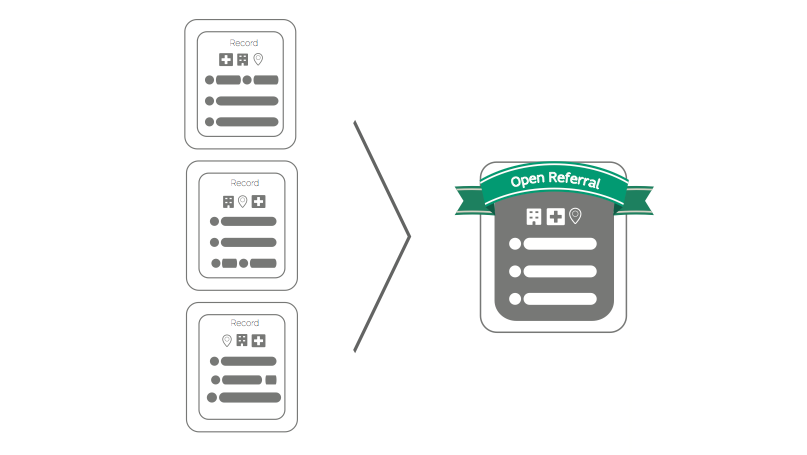
Upgrading our specifications: A proposal for HSDS 2.0
We’re excited to share a proposed upgrade to the Human Services Data Specification, authored by our technical partners, the Open Data Services Cooperative. Over the next two weeks, we’ll field feedback on these proposed changes. Take a look at the proposal in our Github repository – you can leave comments in the Issues queue –…
-
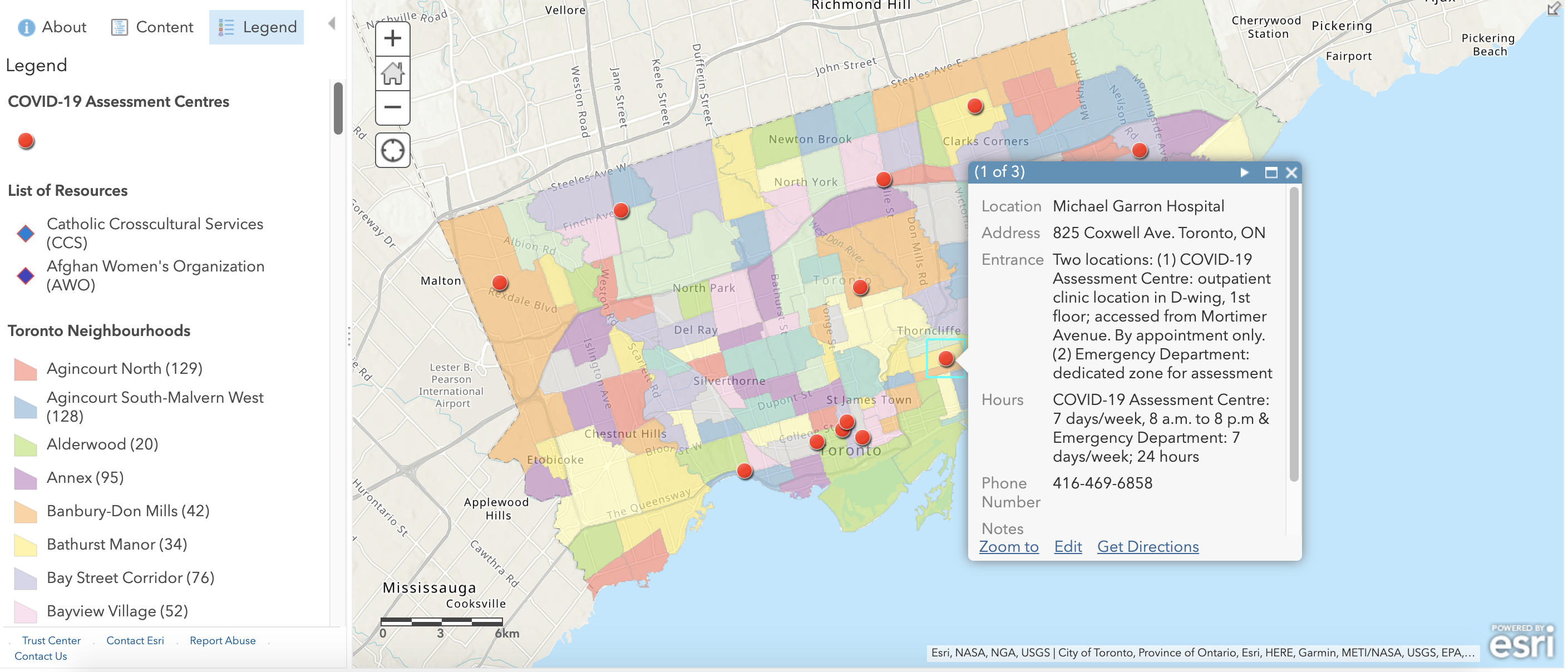
Collaboration in crisis: responses to the pandemic across our network
With the world in crisis due to the COVID-19 pandemic, health, human, and social service providers face a harrowing dilemma: need is skyrocketing, even as providers’ ability to actually help is severely compromised. Many institutions have struggled to respond or even closed down entirely – while many new efforts to meet communities’ needs have emerged…
-

Our 2019 Year in Review
As January 2020 comes to a close, I’m pleased to share our Year in Review report for Open Referral’s 2019. The report is available to download here. You can also read it embedded in this blog post below. This year, our report features voices of stakeholders across our network — including social workers and legal…
-
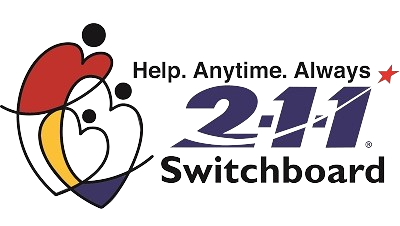
Miami Open211: developing new business models for resource data-as-a-service
Open Referral has been helping the Miami-Dade 2-1-1 Helpline explore new kinds of partnership models that can deepen the impact of their operations while enhancing the sustainability of their program. (In 2017, we reported on the first phase of our … Continue reading →
-
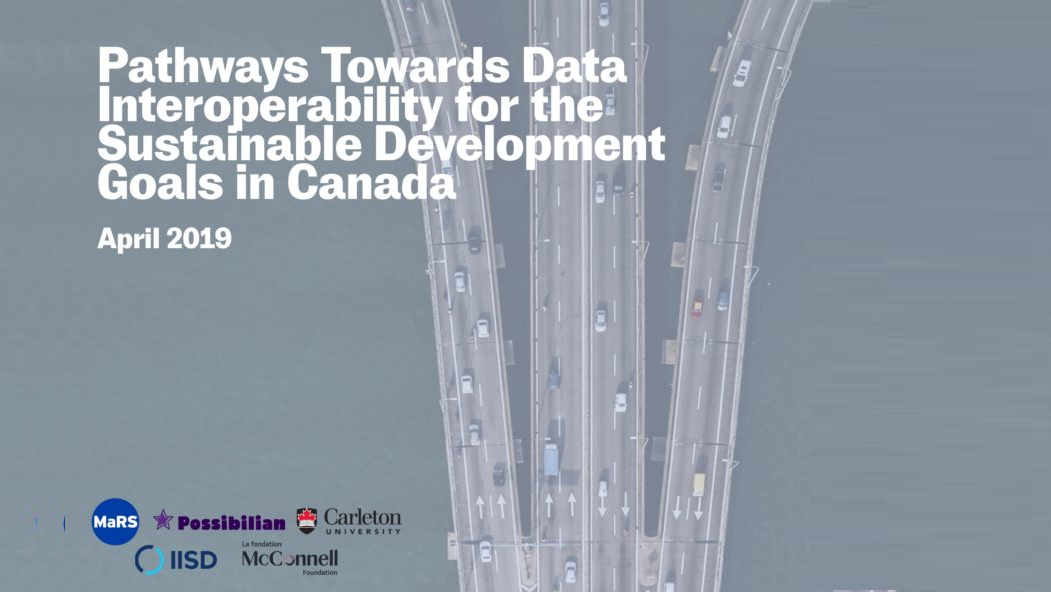
New research finds urgent needs for interoperability across health, human, and social service sectors
It often doesn’t matter how clever or well-designed a new technology is – if it can’t easily work with other technologies (and other organizations and people) then it may not accomplish much good at all. In the last month, three significant reports have underscored this reality – one each from the US (produced by the Social…
-

Open Referral’s 2018 Year in Review
We are pleased to share our Year in Review report for 2018! This was the Open Referral Initiative’s fifth year – and in several ways, 2018 stands as a culmination of all the work we’ve done to date. Continue reading →